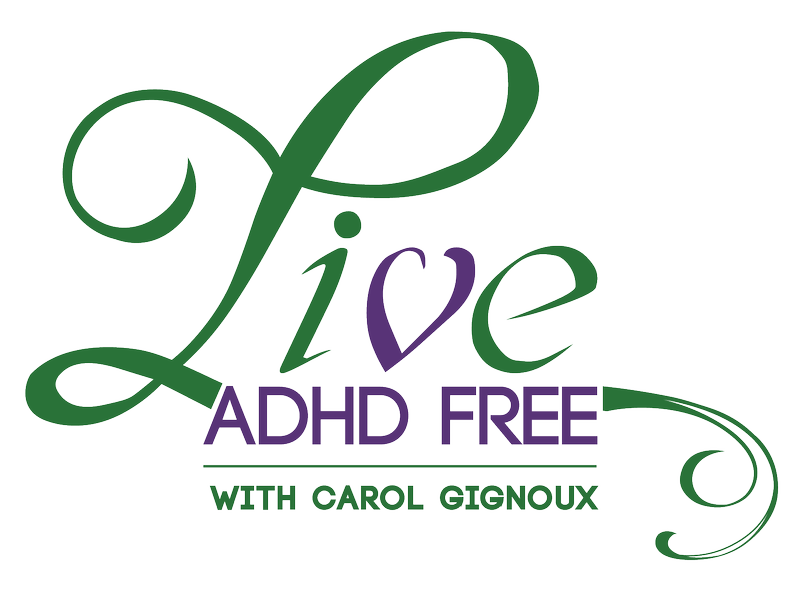The basic premise of Neuro-Linguistic Programming (NLP) is that the words we use reflect our inner subconscious perception of our problems.
As long as we use inaccurate words and perceptions about ourselves day in and day out, the underlying problem will persist or get worse. In other words, our attitudes are a self-fulfilling prophecy. We regain control when we change our language.
In their book Neuro-linguistic Psychotherapy, D. Bridoux and M.Weaver say, “NLP does not have the same model of ‘problem’ and ‘solution’ as clinical psychiatry, instead its model is based upon helping clients to overcome their own self-perceived, or subjective, problems rather than those that others may feel they have… The approach does not focus on the past, but instead, focuses on the present and future. The therapist/counselor uses respectful curiosity to invite the client to envision their preferred future and then the therapist and client start attending to any moves towards it whether these are small increments or large changes. To support this, questions are asked about the client’s story, strengths and resources, and about exceptions to the problem.”
“This differs from common clinical practice based upon certain conditions defined as ‘illness.’ NLP interventions are not usually guided by Diagnostic and Statistical Manual of Mental Disorders (DSM) list of illness criteria; rather it views any condition whereby a person subjectively considers their life could be improved, equally appropriate to work with.”
NLP patients have extended conversations with their therapist about self-image, regrets, goals for the future, and more. Together they incorporate tools like language choice and mental rehearsals to work toward change. Although this therapy is not as popular as it was in the 20th century, those suffering from depression still report positive results.
Consult with a doctor and/or mental health professional before changing your treatment.
Would you like Carol
to help you in innovation ways like this?
If you’re struggling with ADHD
and Executive Function issues, then Carol can help!
Would you like to learn
innovative ways to help people like this?
Become a fully trained
ADHD and Executive Function Coach.


Pingback: Forgive and Forget in Five Steps | Life Coaching + Relationship Advice